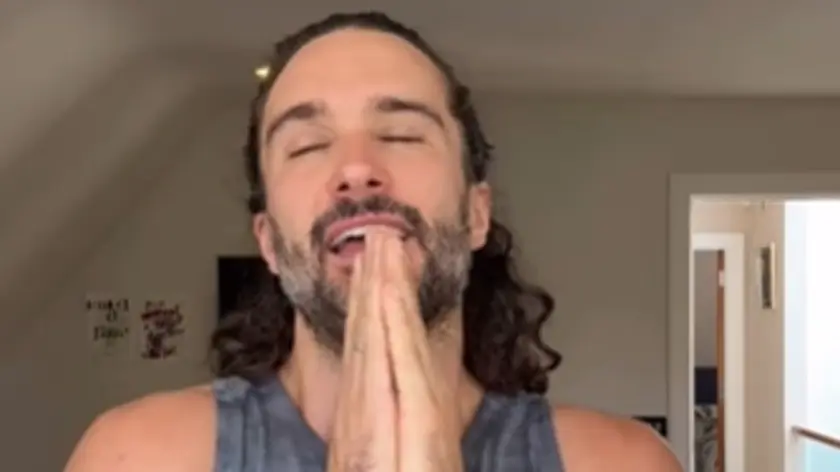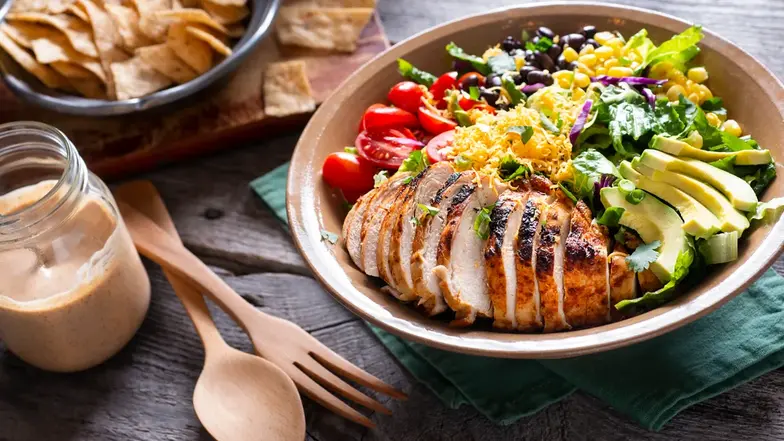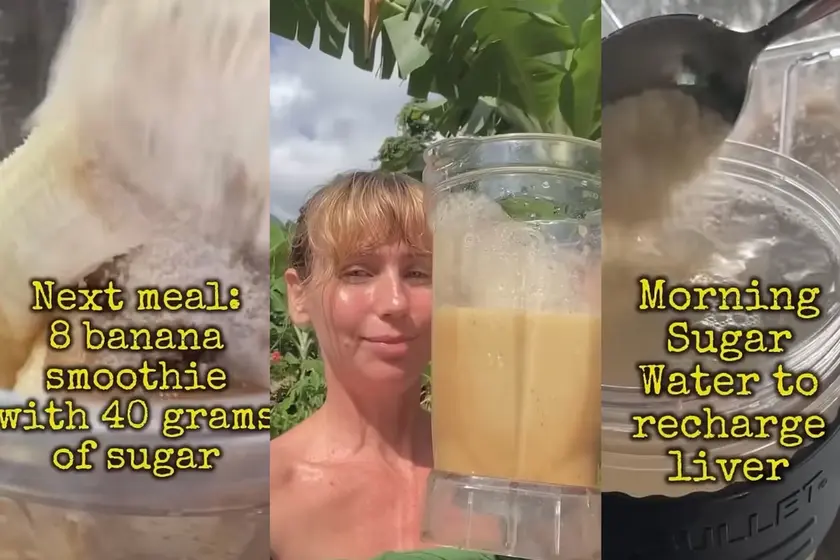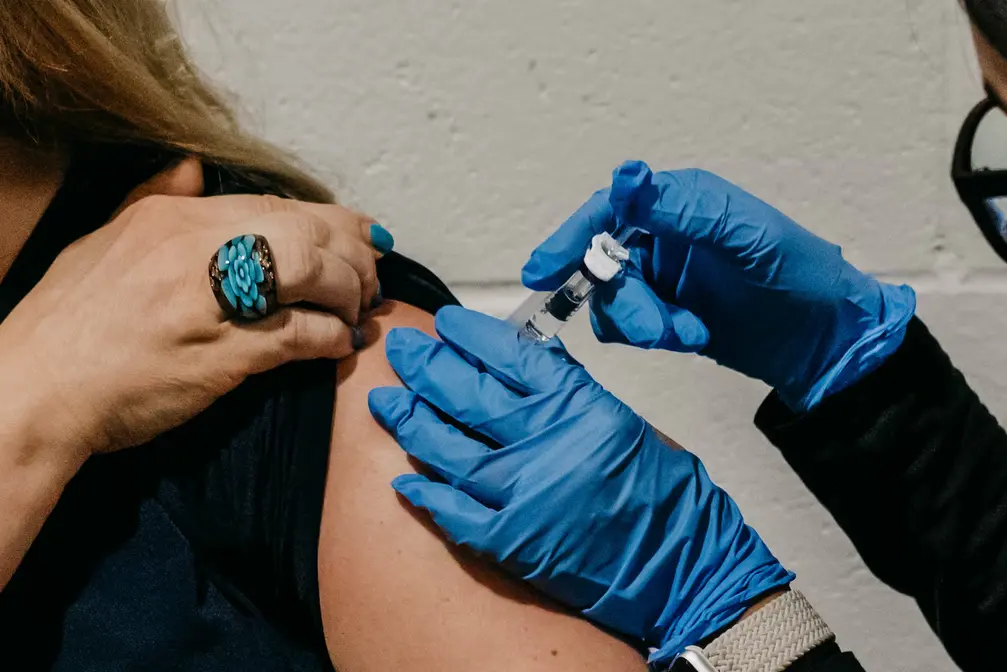T4K3.news
Health experts weigh in on Wicks sugar guidance
Experts warn that language around dieting can shape follower behavior and emphasize balanced guidance over restrictive messaging.

The Body Coach says he relapsed on a no sugar plan, triggering professional warnings about messaging.
Health experts warn against Joe Wicks no sugar diet
Joe Wicks, known as The Body Coach, told his 4.8 million Instagram followers that he had relapsed from his no sugar plan after 11 weeks on track, describing a large snack of Jaffa Cakes and later more fruit and brownies. He also shared that he felt run down and briefly unwell, underscoring the challenge of cutting added sugar and ultra processed foods.
Health professionals responded with caution. Nutritionists say the language of relapse can send mixed signals to followers who may view sugar as a moral failure rather than a dietary choice, and some worry the message could encourage disordered eating patterns. NHS and World Health Organization guidelines emphasize balance and fiber from whole fruits and vegetables rather than complete sugar elimination, suggesting followers need practical, sustainable guidance.
Key Takeaways
"I realise this is a big statement to make but I think Joe's channels are now becoming a bit problematic"
Robert Moir on potential disordered eating risk
"By completely eliminating sugar from your diet you are clearly building up large cravings then unable to control yourself when you're around it"
Sean Casey on restrictive messaging and cravings
"Calling sugar a relapse tells your audience eating it is a personal failure"
Nathan Keevil on language and stigma
Two points stand out. First, the clash between celebrity health messaging and medical nuance matters because a big platform can steer behavior in ways that simple posts cannot control. Second, the choice of language matters. Framing a lapse as a relapse risks stigmatizing normal cravings and may push some people toward unhealthy dieting patterns.
This episode also raises questions about influencer responsibility. When a fitness star speaks with authority on diet, fans may imitate the approach even if it lacks medical backing. The takeaway is for messages to be clear, balanced, and adaptable to individual needs while avoiding sensational language that can mislead people about what constitutes healthy eating.
Highlights
- Relapse cannot be a badge of honor for a diet
- Language shapes eating behavior more than facts
- Sugar is not the enemy language around it matters
- Cravings signal needs not personal failure
Backlash over dietary messaging
The post has drawn professional criticism and concerns about potential harm from fans who may imitate the language or behavior. The case raises questions about influencer responsibility and the impact of sensational framing on eating behavior.
Healthy guidance works best when it is nuanced and practical.
Enjoyed this? Let your friends know!
Related News

Wicks faces health messaging backlash

Protein guidance revised

Sugar claims face expert scrutiny

Experts identify coffee habits harming health

Sugar Free Two Week Trial Triggers Body Changes

Massachusetts weighs independent vaccine policy amid Kennedy reforms

Bananas help support digestive health

Mounjaro price hike affects private buyers
